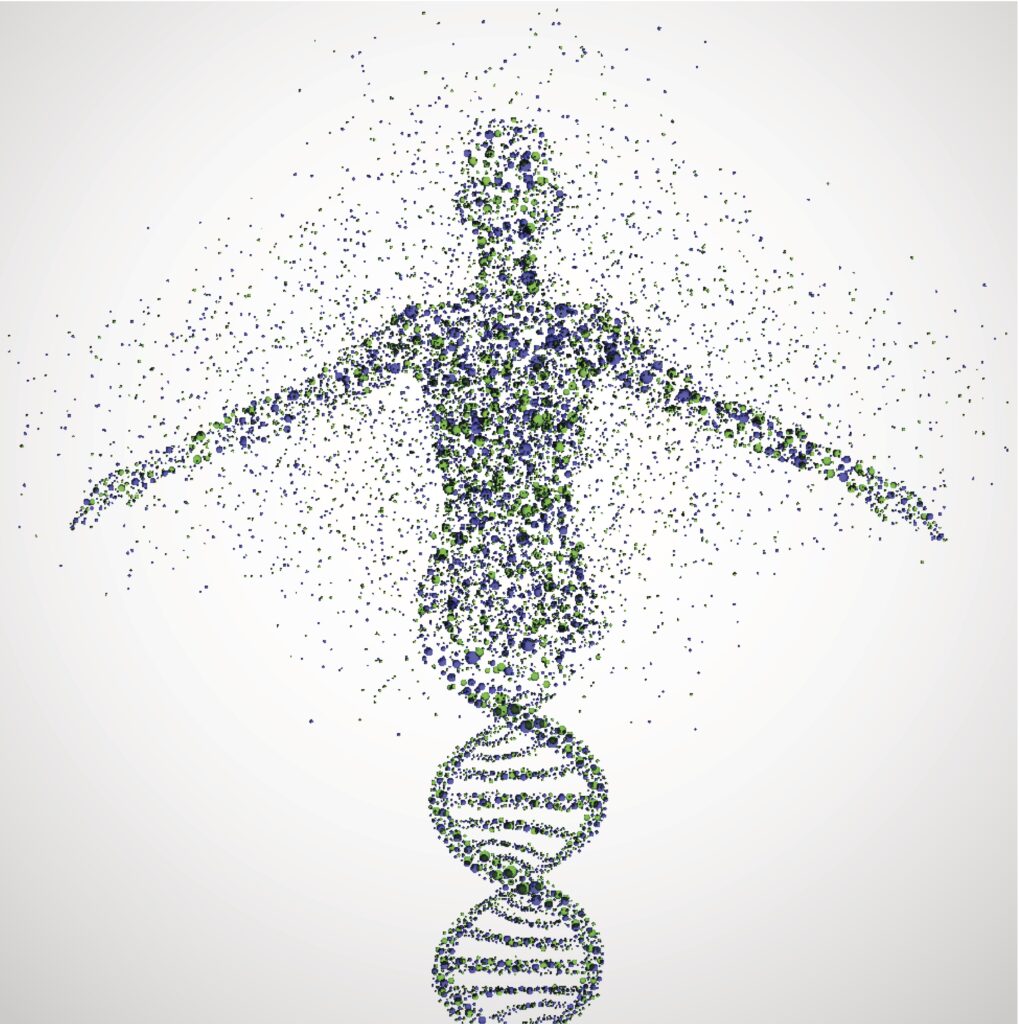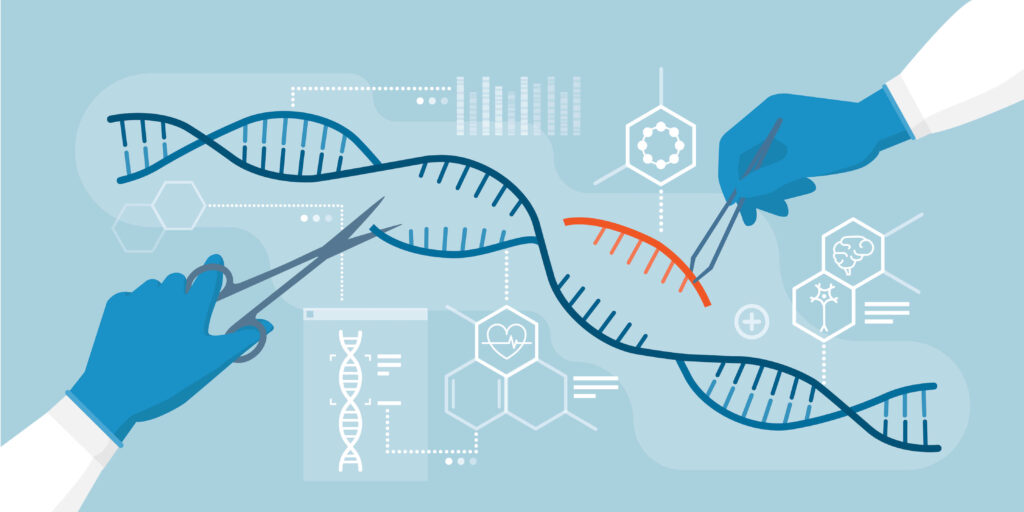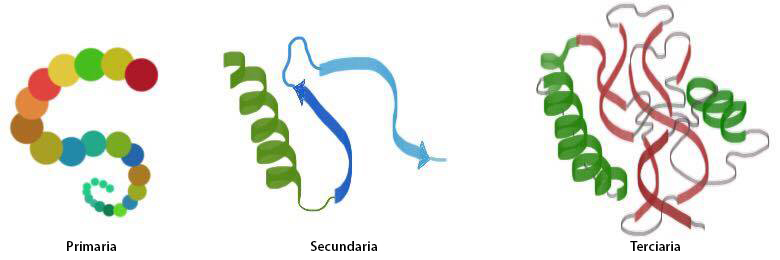New era in Molecular Biology
16/05/2024Since the near-complete sequencing of the human genome in 2003, progress in the field of molecular biology has continued to advance. Thanks to this discovery, we have managed to identify genes associated with various diseases such as cancer and Alzheimer’s. Additionally, this advancement has allowed us to develop much more personalized medicine, where a patient can receive, in some cases, individualized therapies tailored to their genetics. Another key point is the development of gene therapies, in which genetic errors (mutations) causing various diseases can be corrected.

THE FUTURE OF MOLECULAR BIOLOGY
CRISPR/Cas9
Gene therapy is currently one of the major breakthroughs in molecular biology. It is used to treat genetic diseases by modifying, introducing, or replacing genes in the organism. A few years ago, a bacterial immune mechanism called CRISPR/Cas9 was discovered. This has revolutionized gene therapy. The mechanism allows for precise DNA modification. Although the use of this technique is not yet fully regulated, a “simple” cut and paste in DNA could potentially address many genetic diseases such as cancer or cystic fibrosis.

Cancer
Another endless struggle is the one against cancer. Understanding how tumor cells grow uncontrollably and migrate to other organs is crucial for establishing specific treatments. In recent years, thanks to immunotherapy, survival rates have improved. Another very promising project is the use of nanoparticles loaded with drugs or messenger RNA (such as COVID-19 vaccines), which will be introduced into each tumor cell causing its death. If this is achieved, it will be a significant step in cancer treatment.
Artificial Intelligence (AI)
In addition to the advances described above, the use of artificial intelligence (AI) in biomedicine is perhaps the most striking. Companies like Google’s DeepMind use AI to identify changes in human DNA that cause diseases. Scientists believe they have identified almost 90% of the mutations that cause genetic pathologies. This tool will improve diagnosis and help find new treatments. With the complete sequence of human DNA, AI can detect mutations that lead to diseases. This allows researchers to focus on specific areas of DNA without studying the entire genome.

Google’s AI has developed a program called AlphaFold 3. It predicts the structure and interaction of proteins, which are vital for the cell. Changes in protein structure can prevent essential functions like metabolism, cell division, cell death, and DNA repair, leading to diseases. AlphaFold3 determines protein structures with high precision and speed, reducing years of research. Another AI, AlphaMissense, can determine the consequences of any change in protein composition (amino acid sequence).

Another very important tool is the combination of computational biology and AI because massive genomic sequencing generates a large amount of data that needs to be processed. These data alone do not tell us much so; tools are needed to combine data from various genetic, proteomic analyses, etc.
Despite these advances, there is a dark side. These AI tools, which could simplify scientific work, are often tied to a multi-billion dollar industry dominated by pharmaceutical companies.
References
https://www.genome.gov/es/genetics-glossary/Proyecto-Genoma-Humano
CRISPR/Cas9: https://link.springer.com/article/10.1007/s00239-004-0046-3
Information about artificial intelligence: https://genotipia.com, https://pubmed.ncbi.nlm.nih.gov/37733863/, https://deepmind.google/